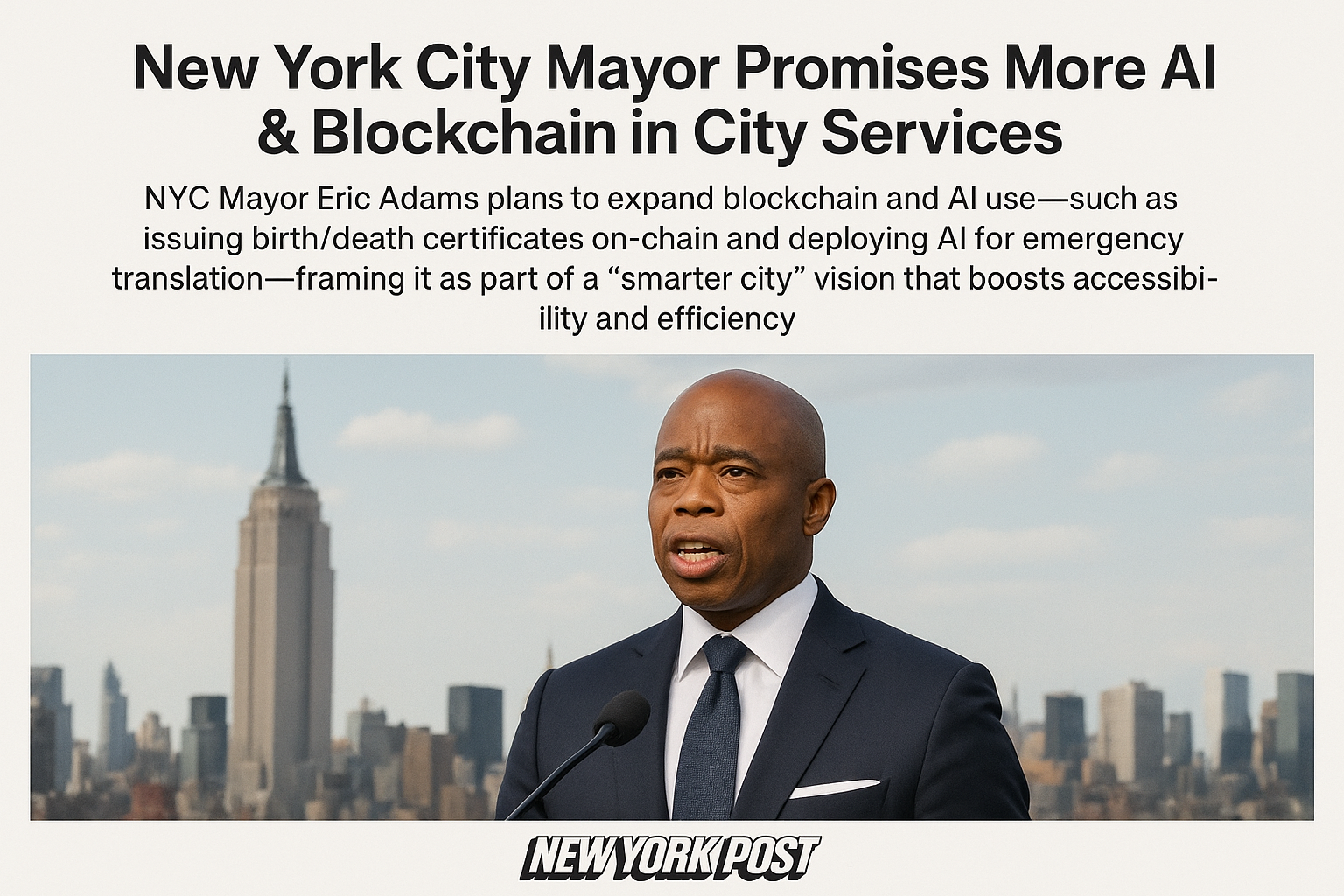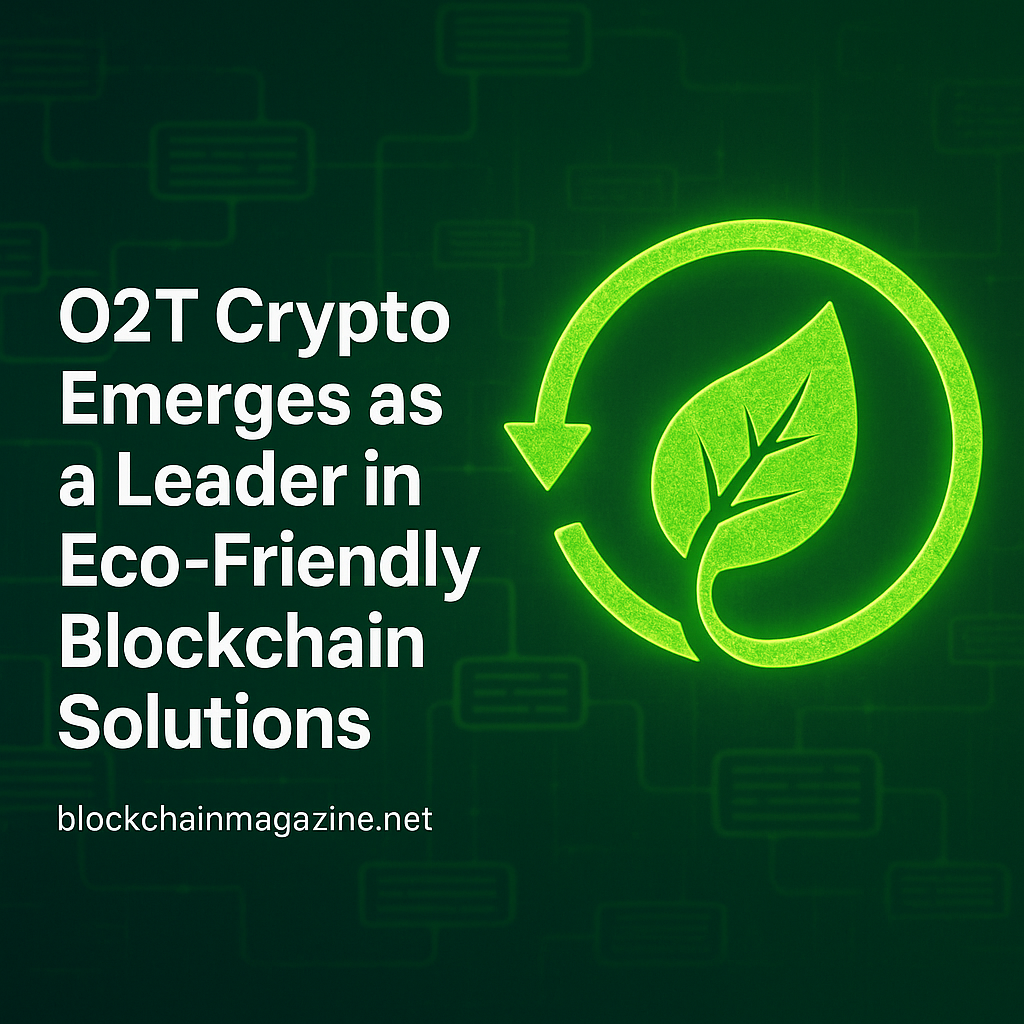As the world pivots towards sustainable practices, tokenization is emerging as a game-changer in renewable energy and Environmental, Social, and Governance (ESG) investing. This revolutionary technology is reshaping how we track, trade, and verify assets, paving the way for greater transparency and efficiency. Financial leaders, such as CIB BNP Paribas, are exploring how tokenization can drive innovation in sustainable finance.
Tokenisation in Renewable Energy
Tokenization converts physical or intangible assets into digital tokens on a blockchain, enabling fractional ownership and streamlined trading. In the renewable energy sector, this could mean tokenizing wind farms, solar projects, or green bonds. Investors gain access to fractional investments in these projects, making it easier to support renewable energy initiatives while diversifying portfolios.
Moreover, tokenization facilitates peer-to-peer trading of tokenized renewable energy credits, reducing intermediaries and ensuring a more transparent marketplace. This aligns with ESG principles by providing clear, auditable records of where energy comes from and its environmental impact.
Enhancing ESG Data Transparency
ESG investing hinges on trustworthy data. Tokenization leverages blockchain’s immutable ledger to ensure that ESG-related data—such as carbon offsets or social impact metrics—remains tamper-proof. By tracking data origins and verifying authenticity, tokenization helps investors and regulators avoid “greenwashing,” ensuring that companies’ sustainability claims are genuine.
For example, a tokenized green bond can embed real-time ESG metrics into its structure, enabling investors to monitor compliance with sustainability goals. This level of transparency is invaluable for meeting the growing demands of ESG-conscious investors.
Benefits of Tokenisation for ESG and Renewable Energy
- Increased Accessibility: Fractional ownership lowers the entry barrier for investors, enabling more participation in green initiatives.
- Transparency and Accountability: Blockchain provides an auditable trail for ESG data, enhancing trust in sustainability claims.
- Efficient Trading: Tokenization streamlines the trading of renewable energy credits and assets, reducing costs and increasing liquidity.
- Global Reach: Tokenized assets can be traded across borders, attracting global capital for local renewable energy projects.
The Role of Financial Institutions
Institutions like CIB BNP Paribas are pivotal in driving the adoption of tokenization. By integrating blockchain-based tokenization into their sustainable finance strategies, they can create robust platforms for ESG investments. These platforms not only support renewable energy projects but also address investor concerns about transparency and compliance.
The Future of Tokenisation in ESG Investing
The synergy between tokenization and ESG investing is undeniable. As regulatory frameworks evolve and blockchain technology matures, tokenization will become a cornerstone of sustainable finance. For renewable energy, this means more accessible funding, efficient resource allocation, and accelerated progress toward global climate goals.
By embracing tokenization, financial institutions and investors alike can lead the charge toward a greener, more transparent future. With innovation at the helm, tokenization is not just a trend—it’s a catalyst for lasting change in renewable energy and ESG investing.




